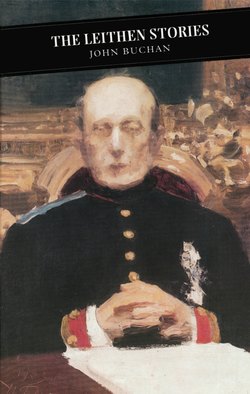Читать книгу The Leithen Stories - Buchan John - Страница 3
На сайте Литреса книга снята с продажи.
Introduction I
Оглавление… you are a man of good commonplace intelligence. Pray forgive the lukewarmness of the phrase; it is really a high compliment, for I am an austere critic. But you also possess a quite irrelevant gift of imagination. Not enough to affect your balance, but enough to do what your mere lawyer’s talent could never have done. You have achieved a feat which is given to few – you have partially understood me.
The prototype Buchan villain, Andrew Lumley in The Power House (1913) got closer to nailing Sir Edward Leithen than anyone else. Leithen, the first and last of Buchan’s heroes, and the one closest in character to his author, was also his most enigmatic. It’s possible to construct his biography – Buchan’s characters, popping up from novel to novel, usually have well-realised backgrounds – but Buchan on Leithen is uncharacteristically sketchy. He tells us he was born in 1879 and a Scots Calvinist, but nothing about his presumably Peeblesshire family, save for a somewhat dim nephew, Charles. He is a Tory MP and a barrister in The Power-House, yet in The Dancing Floor he seems to have acquired his knighthood as Solicitor-General pre-war. He was only elected in 1910, and couldn’t have been in the wartime government, as he was serving at the front; and, unusually, he doesn’t go on the bench. He comes awkwardly close to his creator, and seems to operate as an intellectual filing-cabinet for preoccupations and speculations which Buchan wanted to keep at one remove from himself. To compare him with another lone barrister in London, Anthony Trollope’s moving portrait of the widowed Sir Thomas Underwood in the otherwise rather silly Ralph the Heir (1871), is to see how flat a character he initially is.
